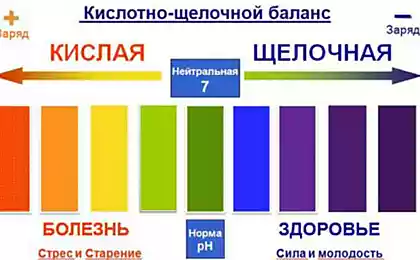819
Scientists have shown that the human desire to achieve the goal heals the body

Vrosh and Sebiston previously studied ways in which to encourage survivors of breast cancer, in order to make them more active. Statistics show that as many as 48 percent of the survivors, weigh more than their quota. They also tend to lead more sedentary lifestyles than women who were not diagnosed with the disease.
The researchers studied 176 women survivors from the age of 28 and up to 79 years. We choose those women who were aware of their diagnosis, on average, 11 months and women who have lived for three months after undergoing surgery. Data on women's psychological capacity to adjust their goals were measured at baseline. At the same time, researchers also measured data on physical activity, sedentary activity, emotional well-being, and daily physical signs of illness, such as nausea and pain.
Three months later, scientists have observed a totally different performance. The study found that the desire to achieve the goals of the old (and establish new goals) was associated with a lot of physical activity, which increased emotional well-being and reduced negative physical symptoms. In addition, the surviving women, who were able to rethink the old goals and to find new ones were less sedentary, which will undoubtedly help to improve the mental well-being. These results confirm previous studies showing that setting to achieve life goals can influence the improvement of the welfare and health in general.
"Our study shows that the ability to rethink the purpose of influence is not only high physical activity, but also reduced sedentary activity, thus contributing to the improvement of the total well-being" says Vrosh. "Given that we have been able to influence the regulation of certain goals; This study may be beneficial to combine the processes of restoration of life goals, and clinical practice of patient recovery after an illness. "
The problem of lack of health research in some countries
Insomnia contributes to the development of schizophrenia























